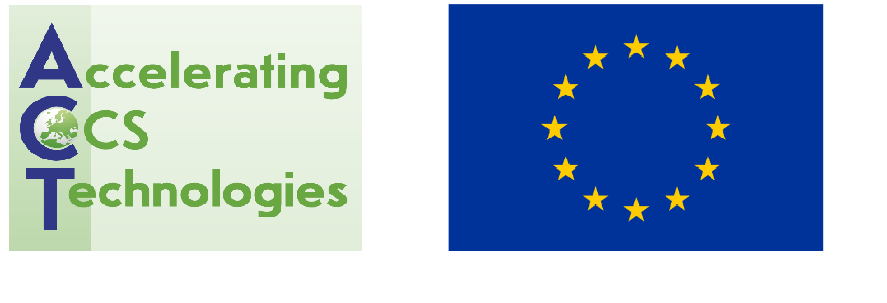€ 41 million for accelerating CCS technologies in Europe
The European initiative "ACT - Accelerating CCS technologies" launched a call for proposals on June 7th 2016. This is the first call from the initiative that aims to fund research and innovation projects that can lead to safe and cost effective technology for CO2 capture, transport and storage (CCS)
The call is open for industry and research institutions from Norway, Germany, Greece, the Netherlands, Romania, Spain, Switzerland, Turkey and the United Kingdom.
- CCS is emerging as one of the most promising technologies for mitigating global climate change. This initiative aims to put the technology into use in the industry faster and on a larger scale than ever before, says ACT Coordinator Ragnhild Rønneberg from the Research Council of Norway.
ACT – a multinational cooperation
Based on a call from the European Commission in December 2014 under the Horizon 2020 Programme on Energy, nine European countries have joined forces and made funds available for research and innovation actions on CO2 Capture, Transport and Storage/utilisation (CCS). The initiative is called ACT – Accelerating CCS Technologies.
The ambition of ACT is to facilitate the emergence of CCS via transnational funding aimed at accelerating and maturing CCS technology through targeted innovation and research activities. In order to accelerate the CCS implementation in the energy sector and the high energy intensive industry sector (such as steel, paper mills, cement etc.) projects with industrial relevance and cooperation will be prioritised.
The following countries participate in ACT: Norway (coordinator), Germany, Greece, the Netherlands, Romania, Spain, Switzerland, Turkey and the United Kingdom. Their funding is supported by co-funding from the European Commission's research and innovation programme. The funding of the projects will come through each nation's existing R&D programmes, and an application for support should therefore make sure to keep within existing national requirements.
Timetable and available budget
A total of € 41 million is available for this 1st joint ACT call published June 7th 2016. The deadline for pre-proposals is September 7th 2016 and applications evaluated eligible will be invited to submit full proposals due by January 16th 2017. The projects should have a maximum of 3 years duration.
Depending on the number and size of the projects the ACT-consortium aims to fund up to 5 projects (up to a total of € 20 M) and a handful of smaller projects (less than € 3 M).
The call has a broad scope, but underlines the importance of market-industry-relevant projects. In addition to chain integration, capture, transport and storage, projects including utilisation of CO2 when it brings CCS to the market faster, is also included.
Background – climate and role of CCS
Carbon capture and storage (CCS) technologies show promise in keeping temperature increases below 2 degrees Celsius. There are, however, currently too few operational CCS projects to determine if that promise of carbon capture and storage/utilisation can be a reality. There is a need for more pilot scale projects and focus on the full chain elements (incl. a number of technical issues, costs, business models, socialand environmental aspects etc.) for a for successful implementation of CCS in Europe.
The European commission (EC), the European parliament and several of the European Countries by themselves, have invested great efforts in driving the debate around climate change goals for 2030. Currently we have a framework proposal that provides a strong foundation for achieving these goals and developing a competitive low-carbon economy. It is recognised that CCS in achieving climate change targets is a significant step in the right direction and a successful future for CCS is therefore foreseen not only in the energy sector, but in the industry sector as well.
The call text is available from this link



